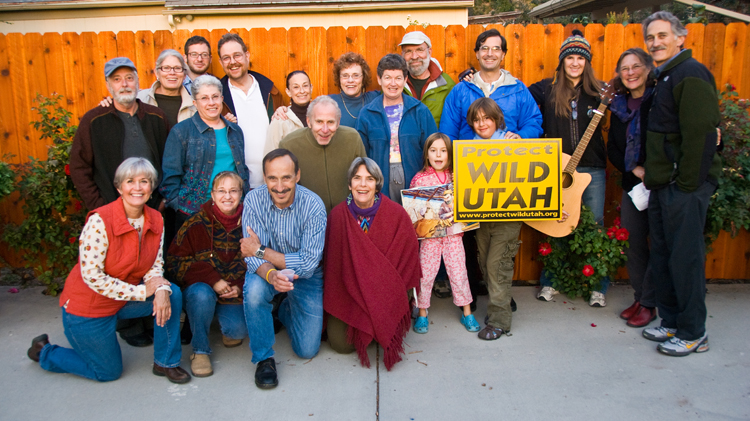Reconstructing Judaism is a progressive, contemporary approach to Jewish life which integrates a deep respect for traditional Judaism with the insights and ideas of contemporary social, intellectual and spiritual life. The American-based movement views Judaism as a progressively evolving civilization. Reconstructionism was developed by Rabbis Mordecai Kaplan (1881–1983) and Ira Eisenstein (1906–2001) from the late 1920s to the 1940s. Reconstructionism truly became the fourth movement in North American Judaism (along with Orthodox, Conservative and Reform) with the founding of the Reconstructionist Rabbinical College in 1968.
Reconstructionists hold diverse ideas about God, but we share an emphasis on Godliness –those hopes, beliefs, and values within us that impel us to work for a better world, that give us strength and solace in times of need, that challenge us to grow, and that deepen our joy in moments of celebration. Reconstructionist prayerbooks speak of God beyond male/female gender concepts and beyond the traditional metaphor of “king of the universe.” For example, in our prayerbooks God is addressed as, among other things, “The Healer,” “The Teacher,” “The Comforter,” and “The Presence.” We are engaged in the spiritual adventure of discovering the many attributes of the one God.
Patterns of Practice
“Torah” means “teaching.” In Jewish tradition, Talmud Torah, the study of Torah, is a life-long obligation and opportunity. Reconstructionists are committed to a serious engagement with the texts and teachings, as well as the art, literature and music of tradition. But we are not passive recipients; we are instead challenged to enter the conversation of the generations, to hear voices other than our own, and to add our own voices as well. Reconstructing Judaism is respectful of traditional Jewish observances but also open to new interpretations and forms of religious expression. As Mordecai Kaplan, the founder of Reconstructionism, taught, tradition has “a vote, but not a veto.” Reconstructionists share a commitment to making Judaism our own by finding in it joy, meaning, and ideas we can believe and put into daily practice. The Jewish Reconstructionist movement offers a great set of interactive questions that explore Reconstructionism.
Ethics and Values
Reconstructionist communities emphasize acts of social justice alongside prayer and study as an essential part of their spiritual practice. Reconstructionist Judaism affirms that religion can and must be a powerful force for promoting communal discussion about ethics and values. We feel it our ethical obligation to engage in regular acts of social justice such as feeding the hungry, housing the homeless, and preserving the health of our environment for the betterment of all.
Chavurah B’Yachad lives these beliefs by participating in:
Shalom, Salaam, Tikkun Olam. Under the leadership of National Council of Jewish Women (NCJW), for the past 17 years members and friends of Utah’s Jewish and Muslim communities have served others less fortunate in our community during the Christmas holidays. Our project, is done in the spirit of Tikkun Olam (helping to repair the world), Tzedekah (justice) and Peace (shalom in Hebrew or salaam in Arabic).
A Call to Wilderness Stewardship. Chavurah B’Yachad joined the interfaith initiative (Faith and the Land) led by the Southern Utah Wilderness Alliance. At Sukkot 2009, CBY members wrote about how their Jewish traditions help them to find spiritual value in wilderness.


You must be logged in to post a comment.